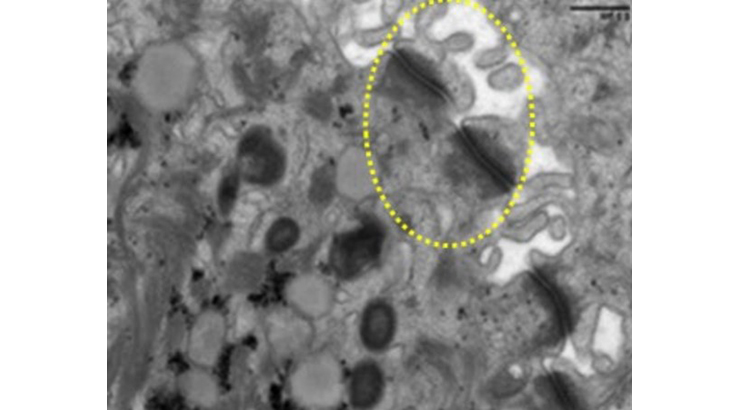Growing Infectious Papillomavirus In-Vitro
ID# 2019-4888
Technology Summary
Penn State inventors have previously developed a three-dimensional in-vitro biological research tool to produce infectious papillomavirus (PV). This system of organotypic raft epithelial cultures faithfully mimics the natural stratification and differentiation of epithelium in vivo, allowing for the examination of all aspects of the PV life cycle, although only high-risk cancer-associated PV types have been successfully grown in vitro with this system. The researchers have recently discovered that treatment with a chemical agent can enhance paracellular permeability of HPV to the basal layer for infection, potentially allowing for the propagation of non-cancer-associated HPV types, which have historically been unable to be grown in vitro.
Application & Market Utility
Currently, only a limited number of high-risk cancer-associated PV types can be grown in vitro. The benign tumor / condyloma-forming types (e.g., HPV-6 and HPV-11) cannot be reliably propagated with currently available methods. The novel in-vitro model described here can serve as a platform to grow, produce, and propagate papillomavirus, whether high-risk, low-risk, or cutaneous. This powerful tool offers a model to better understand the PV life-cycle, test therapeutics, and provide infectious viral stock for human and veterinary research and clinical testing.
Next Steps
Inventors have created stable gingiva, tonsil, foreskin, and cervical cell lines propagating HPV-16 and cervical and foreskin cell lines propagating HPV-18 using this method. Research on PV types previously unable to be grown in culture is ongoing.

